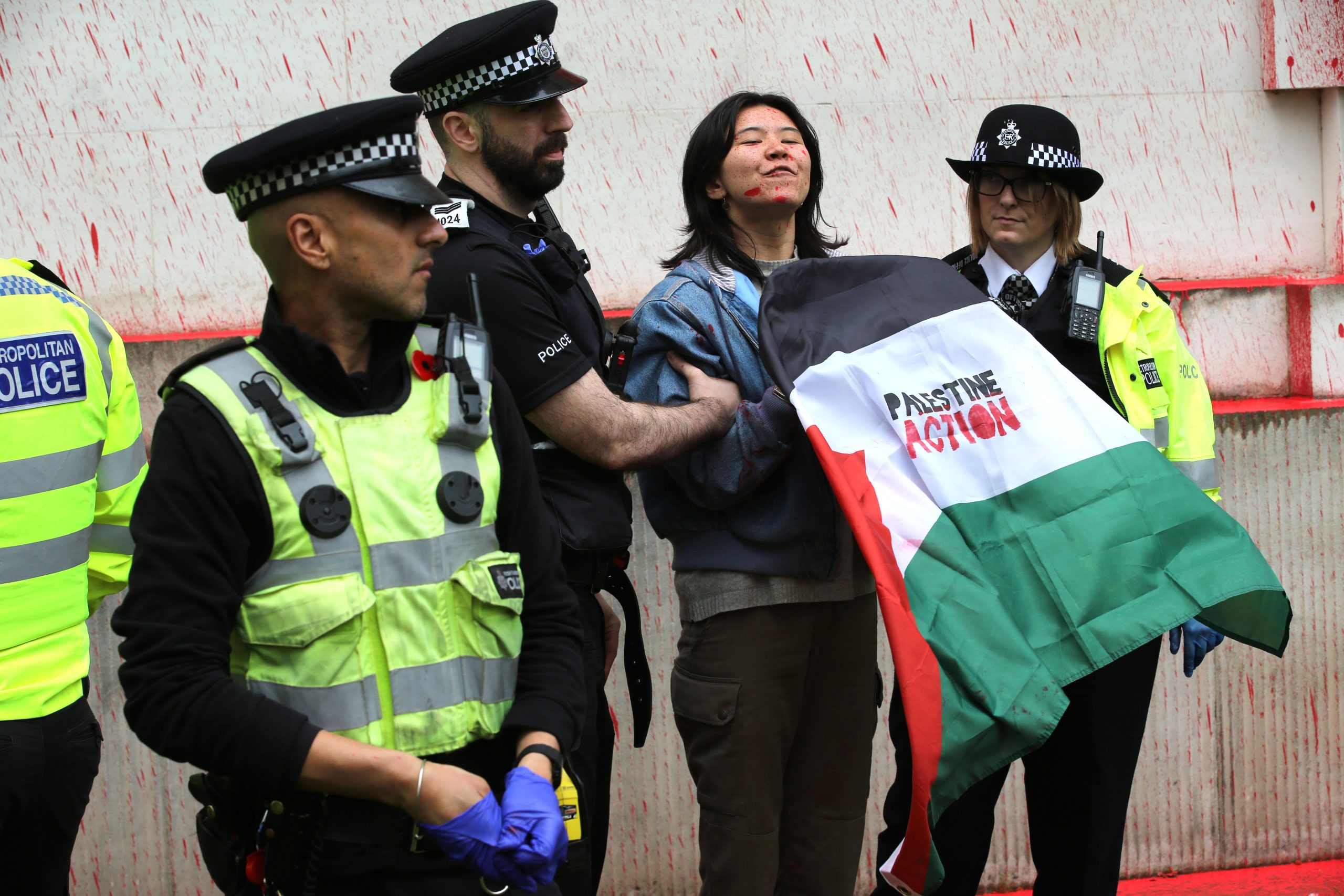Today is May 1st, International Workers’ Day. It’s a curious affair for modern anarchists, as we memorialise the Haymarket Affair of 1886 which kicked it all off but we are surrounded by a constant corporate shrieking. “Looking to get away for the summer?” “Buy this and make life complete!” “Is your beach bod ready?”
The cacophony makes it hard to be heard, to remember, to tell vital stories. A shortlived revival in the early 2000s aside, our marches and rallies to mark the Martyrs of 1886 and the winning of the eight hour workday have become muted, outshouted, reduced both by our movements’ declines and by the very rights that were won — activists quite rightly disappear to recuperate, and the listing services for leftie events thin out as summer advertising dominates the skylines.
But that class memory is important. For we have rights descended from it, enshrined on paper, which are being eroded by the drip drip of capitalist equivocation and pressure. Now more than ever we are edging closer to the bad old days than the good, and many of the thousands of participants in the Haymarket rally on that cold, rainy Chicago evening in 1886 would recognise the casualised, precarious atmosphere that has steadily invaded our working lives, driven by wolves in new tech clothing.
The Illinois city was at that time in the midst of a mass migration of vast scope, growing from 300,000 citizens in 1870 to 2.7 million in 1920. Immigration and the reactionary racism which trotted along beside it characterised the experiences of most of these workers. Leaflets calling them to arms in the cause of equality were written in multiple languages, encouraging resistance against 12-hour days with no security of work.
Capitalists, bloated and arrogant in the most extraordinary disparity of wealth that had ever been seen to that time, were proclaiming a new order of technological wonder. What was good for the wealth creators, they believed, was good for the toiling masses being gouged for rent in heaving, overcrowded slum housing.

The cyclemakers of the Western Wheel Company, lacking in working security, rights and dignity, rushed to build the economy which now sees their great, great grandchildren manically cycling round those same streets strapped to Deliveroo boxes, working long hours for little pay as part of a “new” economy that is, really, anything but.
The workers’ demand then, for the eight hour day, was never just about leisure, it was about forcing a transformation of our relationship to those who owned the factories. Our forebears saw themselves being treated as chattel to enrich the greedy few and demanded better, taking on not just the fear of worklessness, but the violence of hired pinkertons gunning down ringleaders.
They weren’t helped by the State, which took the opportunity of a bomb being set off at that May 4th Haymarket rally to arrest and try eight anarchists for conspiracy, none of whom had thrown it and some of whom had not been to the event. August Spies, Samuel Fielden, Adolph Fischer, Albert Parsons, Michael Schwab, George Engel, Louis Lingg and Oscar Neebe were put in the dock with a judge, Joseph Gary, whose vicious bias made him notorious worldwide. The jury was deliberately filled with rightist partisans, the evidence juked, the verdict rigged. Engel, Fischer, Parsons, and Spies were hung, Lingg committed suicide, the rest were jailed.
Newly-installed mayor John A Roche ordered a ban on banners, flags, arms or music at the funerals. But 16,000 people marched behind the coffins nonetheless. Hundreds of thousands more lined the route. It was a day like no other in US history, a detonation of working class pride and solidarity that would echo around the world, avalanche into a global movement that ground out the rights we see being slowly stripped away now.
It would not be until John Peter Altgeld became Illinois governor in 1893 that any element of the United States government, left or right, would admit murdering its enemies on false grounds. Altgeld freed the remaining three Haymarket Martyrs, admitting as he did so that the jury was packed, that Judge Gary was dishonest. He was duly turned into a pariah by the press.
Chicago taught us something, and it gave us something. It taught us never to trust in our rulers. It gave us trust in ourselves. As capitalists prey on our division today, telling us that we don’t deserve better, that we’re obsolete and a burden on them, it remains a beacon that can and should cut through the desperate chatter of marketing vultures.
This article appears in the new edition of the Freedom anarchist journal.
Pics: The eight Chicago martyrs and a painting of the Haymarket at the end of the 19th century








